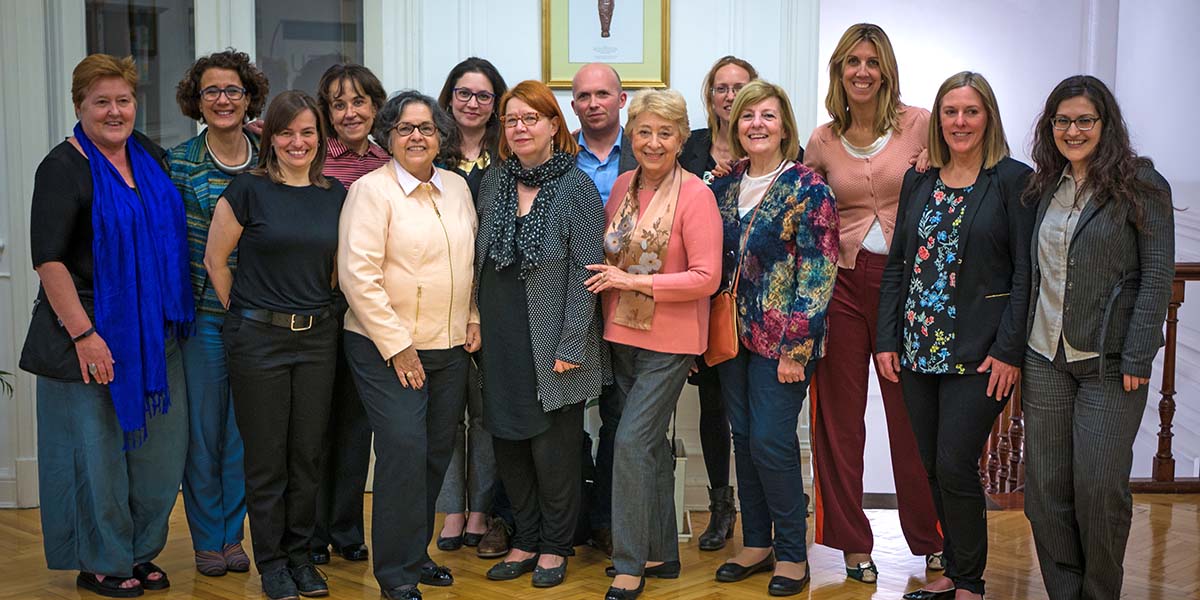In higher ed, it’s not enough to “fix the numbers” of women in STEM
GenderInSITE-Elsevier Foundation workshop explored the challenges of integrating the gender dimension into STEM higher education

In most countries, women are underrepresented in large numbers in some fields – particularly in mathematics, physics, informatics and computer science – and across all disciplines at leadership levels.
In recent years, however, as it has become clear that gendered representations, norms and values are embedded in the production of research itself, another imperative has arisen – it is not enough to “fix the numbers” of women in STEM; we must transform the knowledge itself by integrating a gender dimension into research content, curricula and teaching practices. And neither of these can be substantively changed if the prevailing culture of academic institutions is resistant to these efforts. The institutions must themselves be viewed under a gender lens.
This multi-pronged approach was the focus of our workshop April 21 and 22: “Integration of gender perspectives in science and technology in higher education: Contributions to the advancement of the SDGs.” Fourteen distinguished researchers from Latin America, Europe and North America shared research findings and lessons learned from existing initiatives to mainstream gender equality in academic institutions, further analyzing how this process might have an impact on achieving the Sustainable Development Goals (SDGs).
One of the main outcomes of the workshop is that we need to move beyond adding more women to traditional and gender-biased STEM education to addressing bigger challenges. It is critical to create a new interdisciplinary learning ecology based in an intersectional and intercultural gender approach to STEM, and responsive to the needs for sustainable development in each society.
- Read the full article on Elsevier Connect: “In higher ed, it’s not enough to “fix the numbers” of women in STEM”, Gloria Bonder and Erin Johnson, 20 June 2017

















